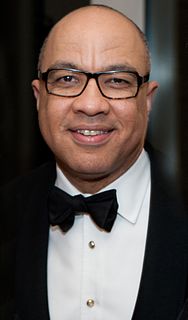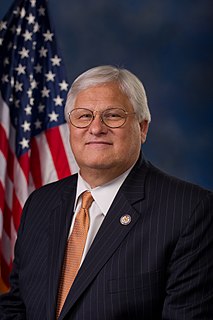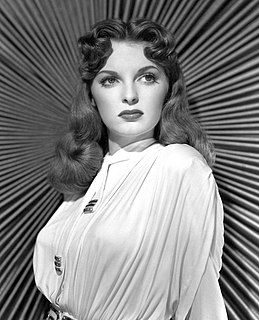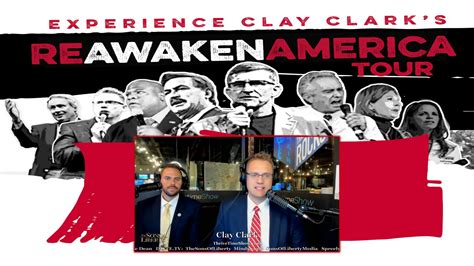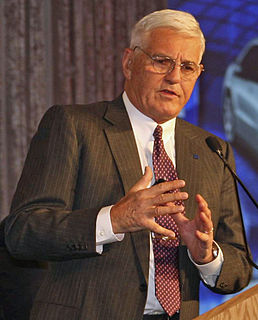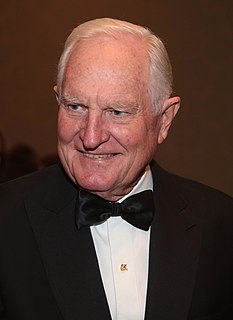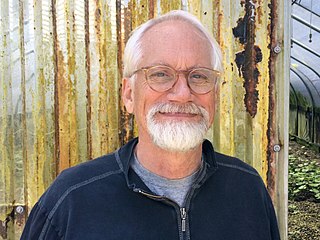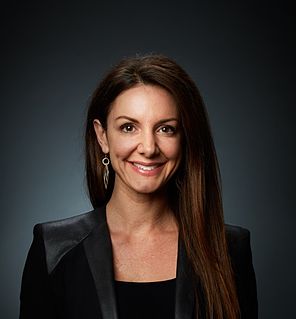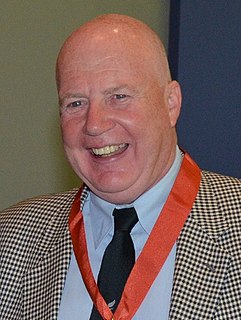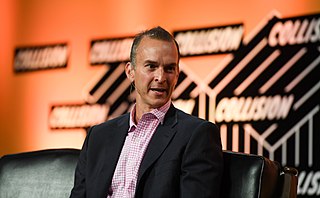A Quote by Darren Walker
Corporations wield enormous power in society.In order to see lasting social change, leaders in the private sector must begin to think of their own business plans as plans for good as well as profit. That's not such a big leap.
Related Quotes
Republican leaders have made clear they have no plans to use the power of government to stimulate the economy, invest in job creation and spur job growth. The Fed's plan is to give banks more money to finance the private sector job creation. But banks have ample cash now; they aren't lending, and the private sector is not creating the jobs. That is why we have 15 million people unemployed.
The power of the individual, market forces, and the private sector permeate our lives. With that power comes responsibility to address huge challenges. Climate change cannot be solved by governments alone. Xenophobia, hatred, and intolerance - more business leaders have to play a role in trying to be positive leaders, civic leaders.
Capitalism as a social order and as a creed is the expression of the belief in economic progress as leading toward the freedom and equality of the individual in a free and open society. Marxism expects this society to result from the abolition of private profit. Capitalism expects the free and equal society to result from the enthronement of private profit as supreme ruler of social behavior.
To think that because those who wield power in society wield in the end that of government, therefore it is of no use to attempt to influence the constitution of the government by acting on opinion, is to forget that opinion is itself one of the greatest active social forces. One person with a belief is a social power equal to ninety-nine who have only interests.
One method of staying ahead of rising asset prices and the declining dollar is to think bigger and come up with better plans. As important as financial and business planning is a plan for personal development and self-improvement. I'm often asked to invest in people's business plans, and one of the reasons I turn many of them down is because a big plan requires a big person who's spent time on personal development. In a lot of cases, a business plan is far bigger than the person with the plan - that is, the dream is bigger than the dreamer.
It is time for corporate America to become 'the third pillar' of social change in our society, complementing the first two pillars of government and philanthropy. We need the entire private sector to begin committing itself not just to making profits, but to fulfilling higher and larger purposes by contributing to building a better world.
We need to reverse three centuries of walling the for-profit and non-profit sectors off from one another. When you think for-profit and non-profit, you most often think of entities with either zero social return or zero return on capital and zero social return. Clearly, there's some opportunity in the spectrum between those extremes. What's missing is the for-profit finance industry coming in to that area. Look at the enormous diversity of the for-profit financial industry as opposed to monolithic nature of the non-profit world; it's quite astonishing.
